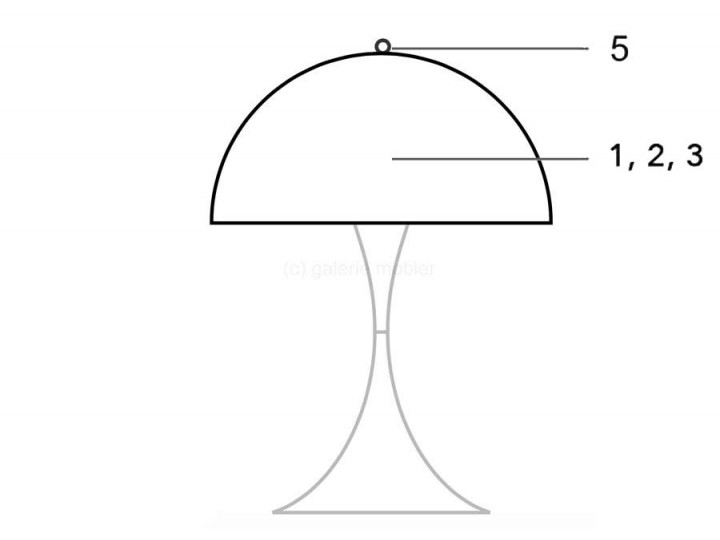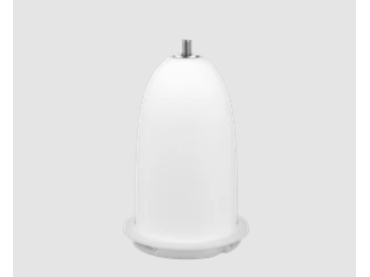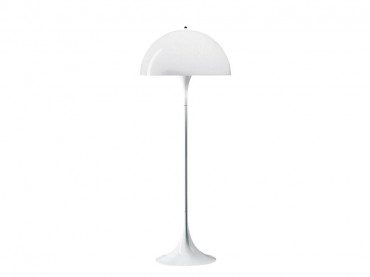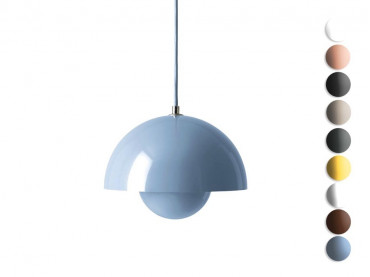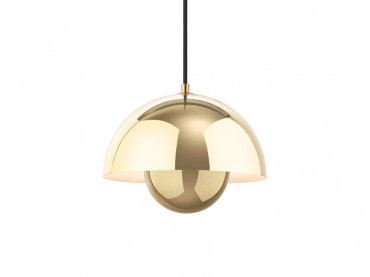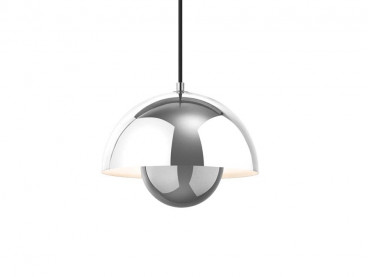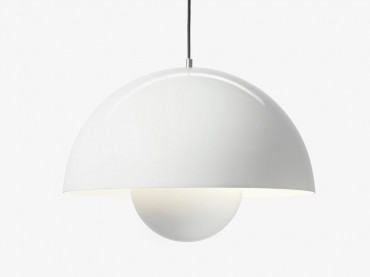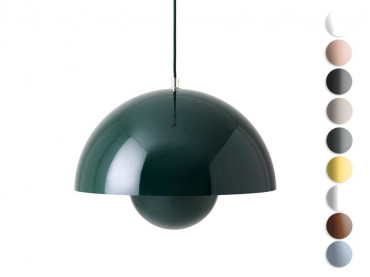Spare parts for Louis Poulsen table lamp Panthella
-
Verner Panton
- LPSP015 Delivery time : 1 to 2 weeks
Spare parts for Louis Poulsen table lamp Panthella *Required step
In order to help you to choose, and to receive samples, do not hesitate to contact us by email: contact@galerie-mobler.com or by phone: 01 43 33 20 12
Spare parts for table lamp Panthella by Verner Panton for Louis Poulsen.
The spare parts are compatible with the new and old editions of Louis Poulsen.
All the spare parts are original pieces, manufactured by Louis Poulsen.
| Condition | New on demand |
| Material | Acrylic |
| Style | Classique Neuf |
| Origin | Denmark |
| Fournisseur | Louis Poulsen |
Verner Panton
Denmark (1926 - 1998)
Verner Panton in the late 50s creates a futuristic influence in Scandinavian design. Under psychedelic influence, Verner Panton likes plastic, geometric shapes, bright colors, and hates white colour!
Verner Panton first received an architectural engineering background and then studied at the Royal Academy of Fine Arts in Copenhagen. He worked two years, from 1950 to 1952, with Arne Jacobsen, and then left for a tour of Europe in a Volkswagen bus converted into a design studio. Fritz Hansen is the editor that would produce his first chair in 1955: the Bachelor Chair.
But soon, his creations became less conventional and Verner Panton used boldness and humor in his work, now became references of contemporary design: geometric Cone Chair (1958), the cult Panton Chair (1967), the first plastic chair Amoebe chair (1970), without legs ... Most have become icons of Danish design.
Verner Panton also created lamps: the Moon Lamp (1960 - Vitra) Panthella (1971 edition Louis Poulsen) and Pantop (1980 - reissued by Verpan) are without doubt the most famous.
In the 70s, Verner Panton devoted himself to the interior design. He created colorful environments from floor to ceiling, with circular motifs that were found particularly in the development of the Loreley liner designed at the furniture fair in Cologne (1968 and 1970) at the request of Bayer AG, and Spiegel offices in Hamburg (1969).
Today the majority of his creations are reissued by Vitra, which devoted a retrospective in 2000 at the Vitra Design Museum in Germany.

